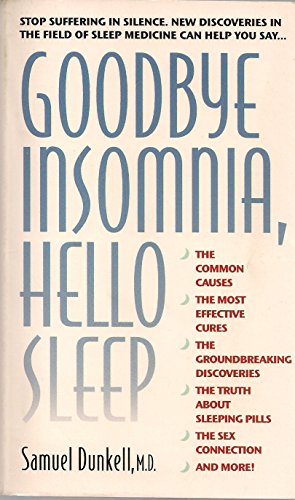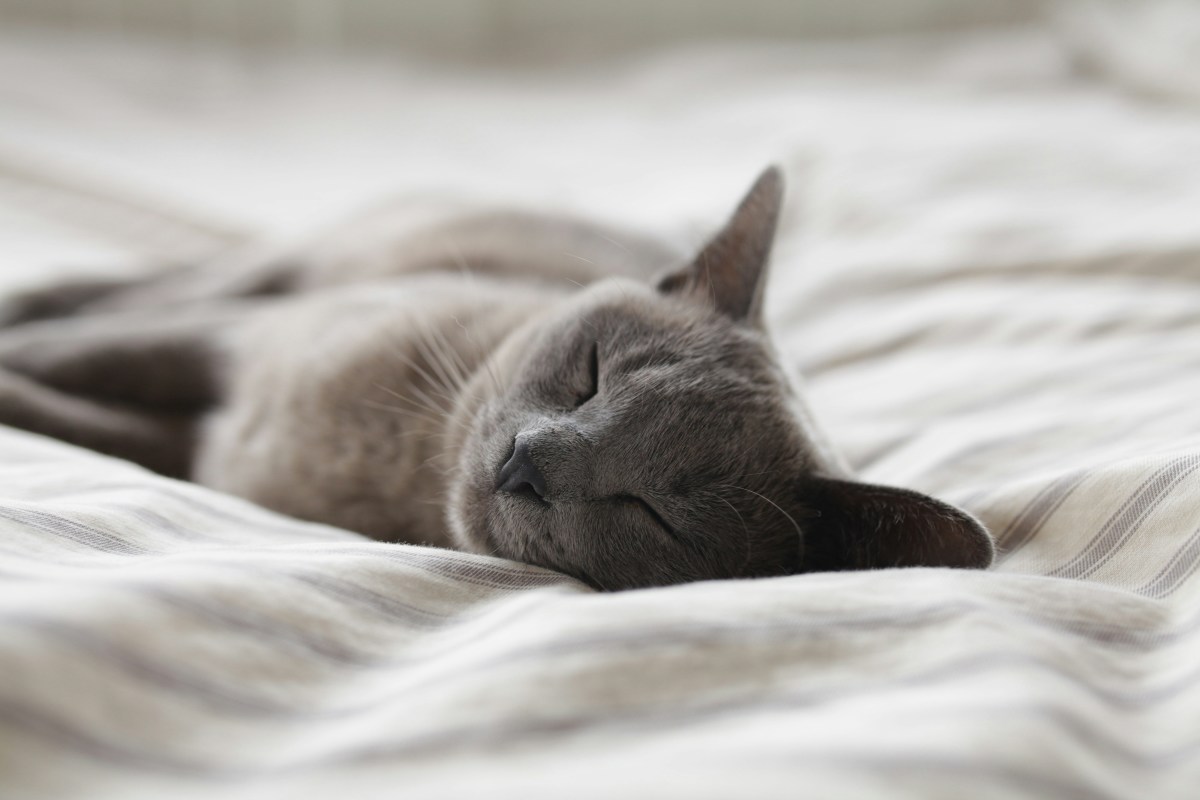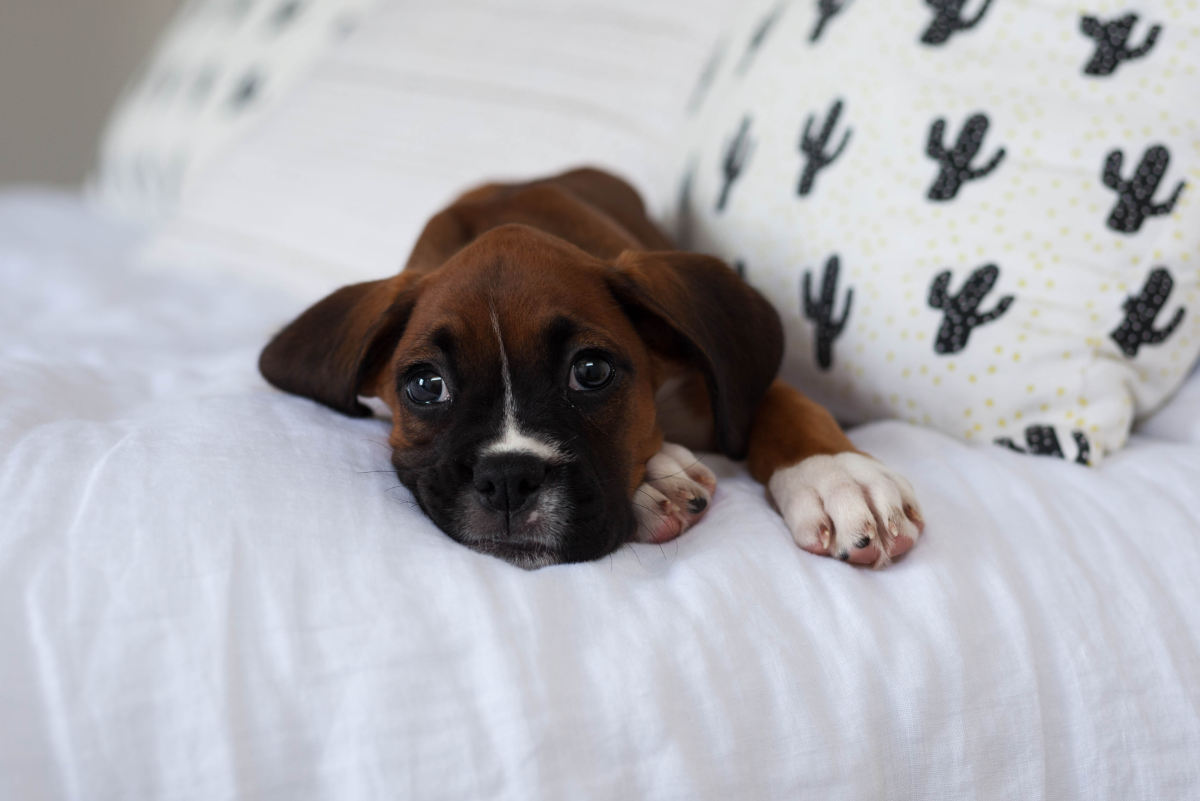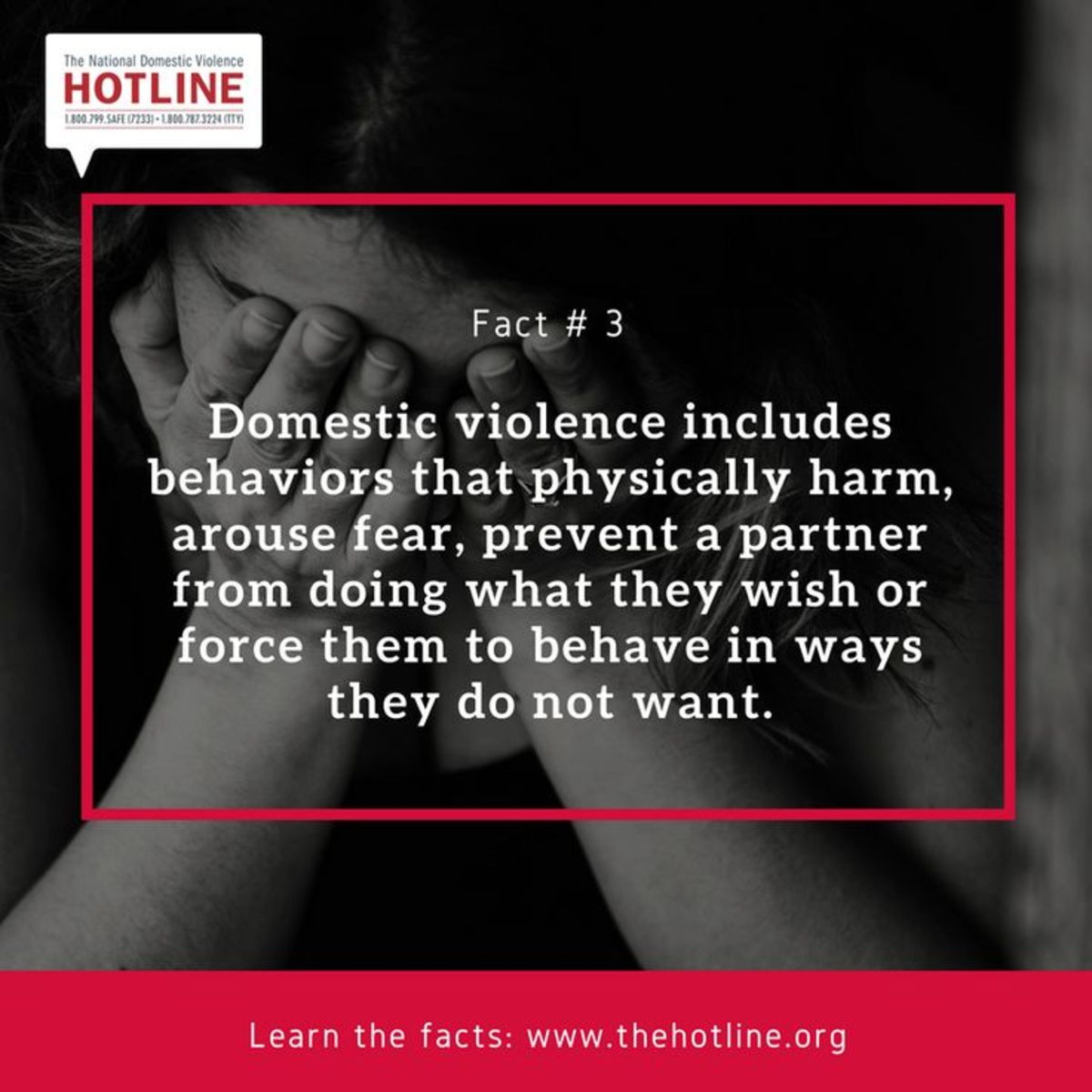14 Natural Ways to Get Rid of Insomnia
It happens night after night. You get into bed, hoping for a good night sleep - only to toss, turn, wiggle and squirm until the wee hours of the morning.
You get up in the morning, cranky, irritable and sleepy.
You suffer from insomnia - the inability to fall asleep or to stay asleep at night. You and about 20 percent of Americans have recurrent insomnia. About twice the number of Americans have sleeping difficulty or returning back to sleep after waking the night.
For some, insomnia is an occasional nuisance. For others, it is a nightly curse - a problem that won't go away. In many cases, insomnia is only short-term and it is frequently referred to as "transient insomnia."
Usually transient insomnia is directly related to some event going on in your life. Stress from a new job, loss of an old job, marriage trouble, a rebellious teenager, an impending retirement, financial problems, death of a loved one or anxiety over an upcoming relocation - these are examples of sources of stress in people's lives that frequently cause temporary sleeping problems.
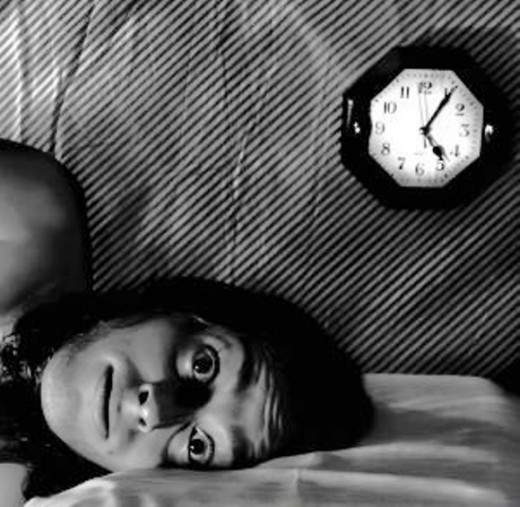
Those sleeping problems are usually taken care of when the problem itself is resolved.
Insomnia is also caused by medications. Many prescription drugs and some nonprescription drugs have side effects that include insomnia.
And occasionally, a combination of drugs will produce insomnia as a side effect, even though no single drug in the combination causes insomnia.
Insomnia is frequently related to physical illness. People who suffer from illnesses or diseases that cause pain or discomfort are often unable to sleep due to their pain.
Many people with terminal illness such as cancer might be afraid to sleep because of the fear of nightmares or the fear of not reawakening in the morning. Although their bodies crave sleep, the fear of sleep keeps them edgy and awake.
Depression, like anxiety and stress, is a frequent cause of insomnia. As with stress, the insomnia caused by depression usually disappears when the depression is resolved.
Another segment of the American population has trouble sleeping due to shift work. Most of the people who suffer from work-related insomnia or sleepiness have rotating work schedules - a day shift one day, and a midnight shift the next day. Their "body clock" can't get adjusted to the changing schedule, and they can't sleep when they need to.
Other people who work straight evening or midnight shifts might have difficulty sleeping during the day even though their shifts are regular. The light from the windows or the noise of outside activity during the day is enough to keep them awake even though they are sleepy.
Many types of insomnia can be improved without the aid of sleeping medication.
Here are the 14 natural ways to get rid of insomnia:
- Avoid tobacco, caffeine, nicotine and alcohol in the evening. These "drugs" can interfere with your sleep.
- Avoid heavy meals late in the evening.
- Avoid hunger at bedtime. If you are hungry, get a light snack, remembering to avoid large or heavy snacks and meals.
- If possible, avoid taking naps during the day. If you must take naps, take one early in the day (soon after lunch) instead of late in the afternoon or early in the evening. The closer the nap is to your bedtime, the harder it will be for you to fall asleep at night.
- If possible, keep a regular sleeping schedule. Try to go to bed and get up at the same time each day. Do not oversleep on weekends or holidays. If you take naps, take them at the same time each day.
- Schedule time to "wind down" before going to bed. Take a warm bath, read quietly in a comfortable room, listen to some soothing music, meditate or pray before bedtime.
- Make certain the bed is comfortable. If the mattress is lumpy or soft, consider getting a new one.
- Make sure the bedroom is comfortable - quiet, dark enough for you to sleep, has comfortable temperature, and safe.
- Get regular exercise during the day. Regular exercise helps you to sleep well as long as the exercising is not close to bedtime.
- Don't take your problems to bed with you. Schedule a time earlier in the day or evening to mull over any problems or stressful situations in your life, then do your best to put them out of your mind until the next day.
- Don't just toss and turn. Get out of bed if you don't fall asleep within 20 to 30 minutes. Get up, go to another room of the house where you can read quietly, watch TV, listen to music or find something else to do until you get sleepy. Then go back to the bed and try to fall asleep again.
- If you think your insomnia could be caused in part by a stressful family or work situation, follow the tips above and don't worry - that insomnia will probably go away as soon as the stressful event passes.
- Insomnia resulting from depression or anxiety can often be helped by the same things that might help the depression - family support, a friend to confide in, professional counseling or anti-depression medicine. Talk to your doctor about how to best deal with your depression.
- If your insomnia is caused by crazy shift work, consider requesting a work schedule that moves gradually clockwise rather than shifts that change irregularly or rapidly. Also consider buying black-out shades for your windows to make the room dark. Many people also use "noise-making machines" to sleep with - radio-type devices that mimic the sound of falling rain, a waterfall, ocean waves, wind blowing through trees, etc. These sounds will help lull you to sleep as well as block out the regular outside noise that goes on during the day while you are trying to sleep.
- If you suspect that your insomnia is a side effect of a drug you are taking or the result of a combination of drugs, talk to your doctor right away. He probably can prescribe different medications that will perform the same therapy but won't have the same side effects. However, don't change your medication routine without checking with your doctor first.
If you can't fall asleep without medication, use medication wisely:
- Take the lowest dose of the sleeping medication possible.
- Follow the instructions on the label as closely as you can. If you have difficulty understanding the instructions, ask your pharmacist for advice.
- If you are using an over-the-counter sleep aid, read the box or package insert about side effects and cautions.
- If you are using medicine that your doctor prescribed, make sure you ask him or your pharmacist about dosage, side effects, cautions, etc.
- Try taking the medicine for a week to two weeks, then stop taking it (unless instructed otherwise by your doctor). Your body might not need the medicine any longer.
- Don't drive or operate any type of heavy or dangerous equipment while you are using sleeping pills.

